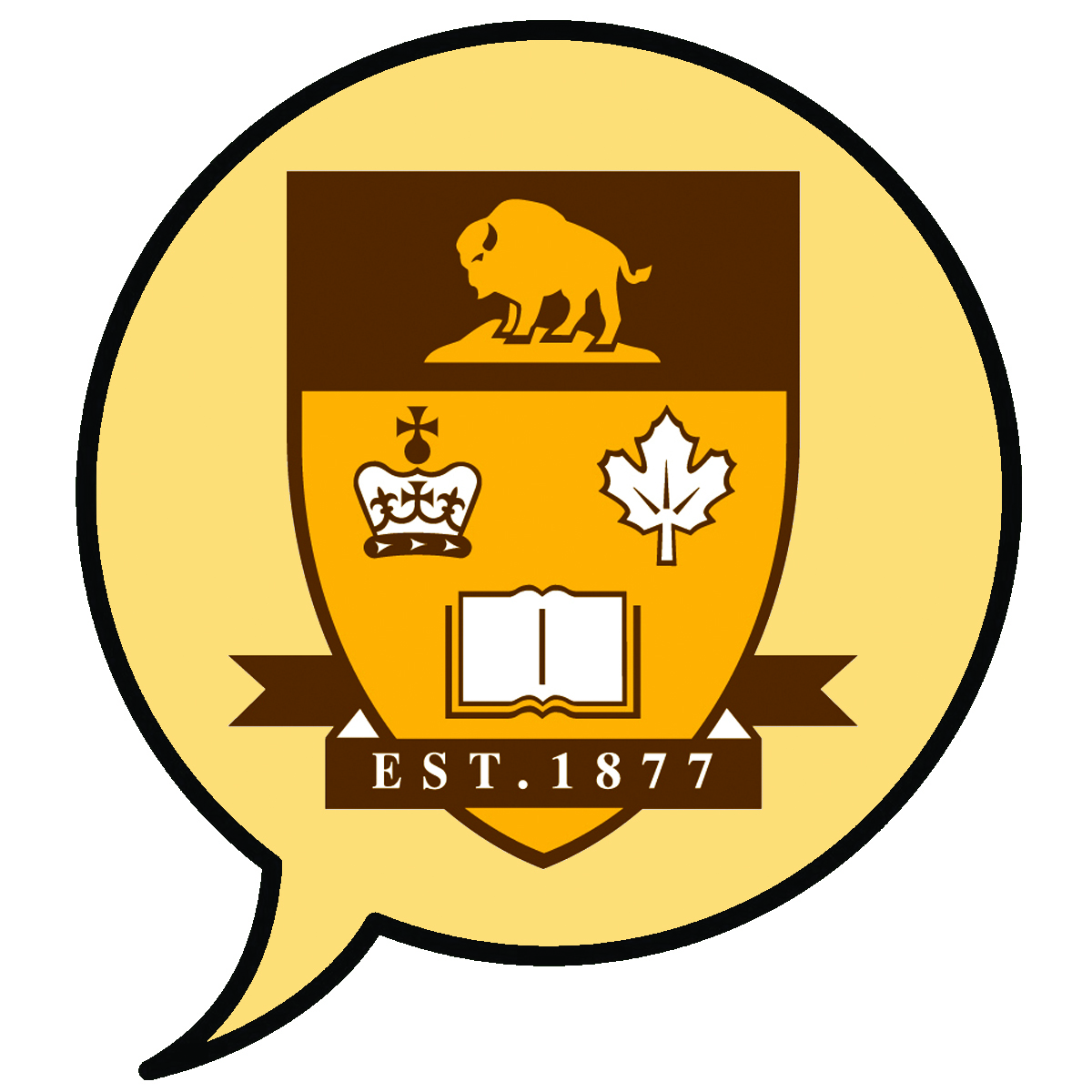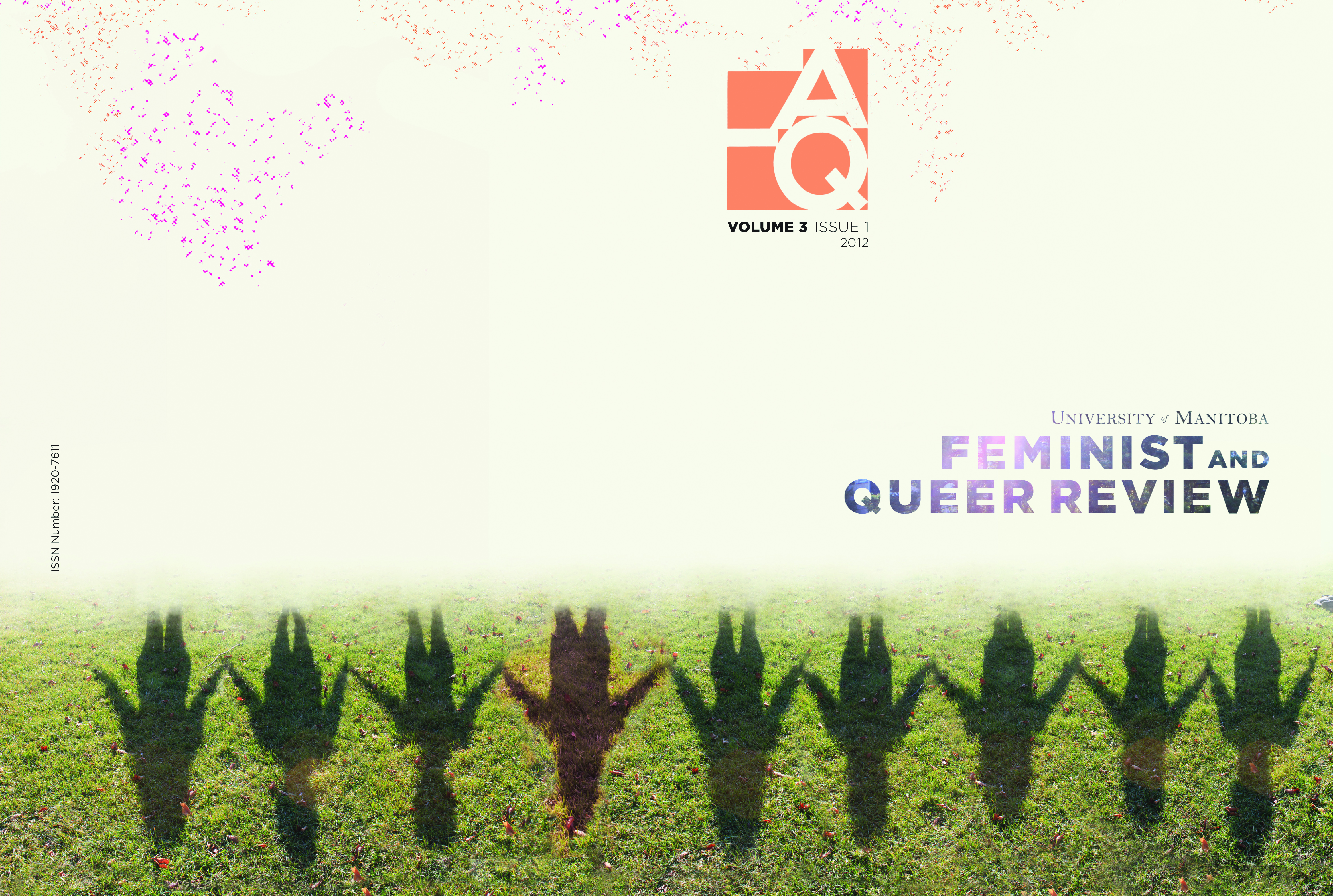It’s been six years since I last took to the pages of this newspaper to defend UMSU’s historic motion to decertify Students Against Israeli Apartheid (SAIA) and ban it from operating in UMSU spaces.
In these last six years, much has changed.
In 2013, UMSU was the first student government in the world to find that the Boycott, Divestment and Sanctions (BDS) movement targeted Jewish students on campus, and that left unchecked, SAIA — a local franchise of BDS — would undermine the ability of Jewish students to work and learn in a respectful environment.
If anything, six years later, the world has become a more dangerous place for Jews. The BDS movement has made it very difficult for Jewish students to find safe spaces on other campuses. Moreover, people around the world were shocked at the senseless murder of Jews in the Tree of Life synagogue in Pittsburgh in October. However, this slaughter should come as no surprise. In this past year, more than 58 per cent of all religious hate crimes committed in the United States were directed at Jews.
That is why I was saddened to see Jacob Singleton’s vitriolic article “UMSU, neutrality and crocodile tears” in this newspaper. In what I can only assume is an attempt to build a straw man, Singleton somehow manages to mischaracterize Zionism, free speech, SAIA and UMSU’s motion.
Some perspective is therefore necessary.
As I previously wrote in this newspaper, the Jews see themselves as a “people” or a “nation” whose future depends on having a state of their own, a safe haven from their enemies and a place where Jewish culture could be openly practiced. We call this belief in a homeland for the Jewish people “Zionism.” Israel, a state for all its citizens founded in 1948, is that homeland, in the same way that Italy is a homeland for Italian people around the world.
It is therefore disheartening to see Singleton characterize Zionism as “the project to expand the ethno-state of Israel to encompass all of Palestine.” How could this possibly be the case when early Zionists, including the founder of Zionism himself, seriously considered establishing the Jewish homeland in Madagascar. In 1947, those same Zionists accepted the UN’s partition plan that limited them to 12 per cent of historic Palestine.
While I do not support all of the current Israeli government’s policies, I myself am a Zionist because I believe in the Jewish right to self-determination and passionately support the two-state solution consisting of a sovereign Jewish state living side by side with a sovereign Palestinian state.
UMSU, like all other student governments, has policies in place that protect students from behaviour that can undermine their self-esteem. These policies were drafted recognizing that at a university, like at a workplace, repeated harassment can undermine one’s ability to work and learn in a respectful environment. This policy distinguishes between the public square, where one can choose to ignore hateful speech, and a university, where students are a captive audience for their harassers.
Contrary to Singleton’s article, this is not a violation of anyone’s freedom of speech. The Supreme Court of Canada itself has ruled that freedom of speech as granted by the Canadian Charter of Rights and Freedoms does not apply on university campuses. Moreover, not every limitation on speech is illegitimate, the classic case being the prohibition against yelling “fire” in a crowded theatre.
Singleton writes that there is “no conceivable justification” for rejecting the BDS movement against Israel and banning SAIA. Perhaps if he had read the minutes of the meeting where UMSU banned SAIA he would have seen the evidence that SAIA was both directly and indirectly involved in hanging posters at the U of M that depicted caricatures of Jews with hooked noses and swastikas on their foreheads. At the meeting, UMSU received a letter signed by more than 60 Jewish students, which said that SAIA fostered an atmosphere where Jews felt unsafe on campus. UMSU also heard evidence that SAIA’s sister organizations in other cities threw pennies at Jewish students, continuing the anti-Semitic trope that Jews are money-hungry.
At the time UMSU passed the motion, police were investigating SAIA’s Toronto chapter for chasing Jewish students down the hallway and calling them “dirty Jews.” Following the motion, UMSU’s Facebook page was littered with Holocaust jokes. One post went so far as to joke that the group was going to build the Bergen-Belsen concentration camp outside of Winnipeg. As one of the students who drafted and proposed the motion, I received personal threats from SAIA’s supporters. At a speech I gave in 2014, a SAIA supporter took a run at me and had to be restrained by audience members.
UMSU was ahead of its time. Since UMSU passed its motion, in response to groups like SAIA, parliaments around the world, including the Trudeau government, have declared that the BDS movement is anti-Semitic. I therefore find it hard to sympathize with Singleton when he laments that he can no longer join such a student group at the U of M.
Students are entitled to their political views. They can support the Netanyahu government or oppose it. Apathy is also acceptable. We are lucky that we have the right to think how we want. What we don’t have the right to do is undermine and harass others on campus because of those views.
At the same time that UMSU decertified SAIA, my Lebanese-Canadian friend Mohammed Abas and I formed the Arab Jewish Dialogue on Campus, a student group dedicated to promoting constructive dialogue between Arabs and Jews. The group was based on the founding principle that in order to advance understanding and promote peace, Arabs and Jews need to come together to discuss the conflict in a safe and respectful environment. If our ultimate goal is a resolution of the conflict, dialogue, not vitriol, will be the answer. Today, students around the world are embracing dialogue as a means to advance understanding and promote peace.
I invite this current generation of U of M students to continue to make our university a safe and inclusive space for both Jewish and non-Jewish students. The ultimate goal is peace and justice, both in the Middle East and right here at home. Let’s make these next six years as consequential as the last.
Joshua Morry is the 2016 Gold Medalist at Robson Hall Faculty of Law, and received his masters of law from the University of Oxford with distinction. He is currently a lawyer at a national law firm in Toronto.



